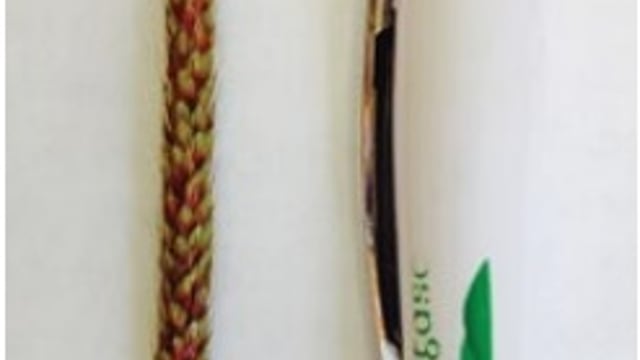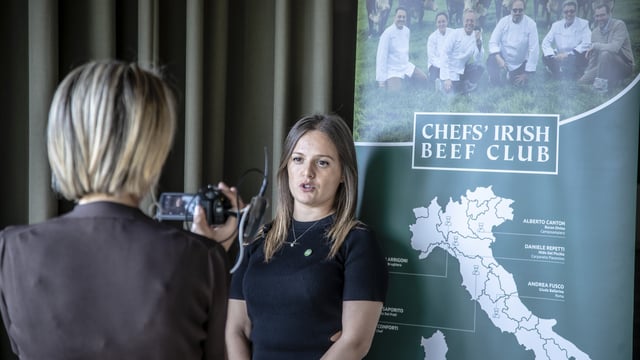BSE: positive result confirmed by Department
The Department of Agriculture has confirmed that further tests on the suspected case of BSE in Co Louth have returned positive.
The final test results confirm the recent suspect case of BSE to be an isolated case of ‘classical’ BSE in a single animal, according to the Department of Agriculture.
In line with normal protocols, the Department identified all animals potentially exposed to the BSE agent that caused this incident – those born and reared on the birth-farm one year either side of the birth date of the positive animal, and her progeny.
These have been slaughtered, excluded from the food and feed chains, and tested.
The epidemiological investigation has confirmed that:
- All 63 cohort animals and 4 progeny slaughtered and disposed of have tested negative for BSE;
- The confirmed case is an isolated case in a single animal;
- Both the dam and grand dam of the infected animal tested negative for BSE at slaughter, and therefore vertical transmission is not considered to be a factor in this case;
- Whilst the grand-dam of the positive animal was imported, this is not of any significance in epidemiological terms
- No concerns arise regarding the integrity of the commercial feed supply chain or the effectiveness of the feed control systems. In the 2009 and 2010 period, more than 3,800 feed inspections took place, and almost 2,500 feed samples, including 52 from suppliers to the farm on which the positive case was found, were tested for the presence of processed animal proteins. All tested negative for meat and bone meal. Test results from feed currently on the farm are also negative.
The investigation has not identified anything to distinguish this case from the other cases of classical BSE that have been seen in Ireland or elsewhere.
The identification of classical BSE cases after the implementation of the ban on the feeding of meat and bone meal is not unprecedented, according to the Department. It says a diminishing number of such cases have been identified in Ireland and in other countries over the years.
These results are now being advised to the EU Commission and to the OIE. It is expected that the OIE will reassign ‘controlled risk’ status to Ireland, recognising the robust control systems in place which identified this once-off case and which will continue to underpin the safe trade in products from Ireland.
The control system that has brought BSE under control is still in place to protect human and animal health and is deemed to be effective by the OIE.
This is the first BSE case found in Ireland since 2013 and comes just a month after the World Animal Health Organisation (OIE) recognised Ireland as a country having a negligible risk for bovine spongiform encephalopathy (BSE).




